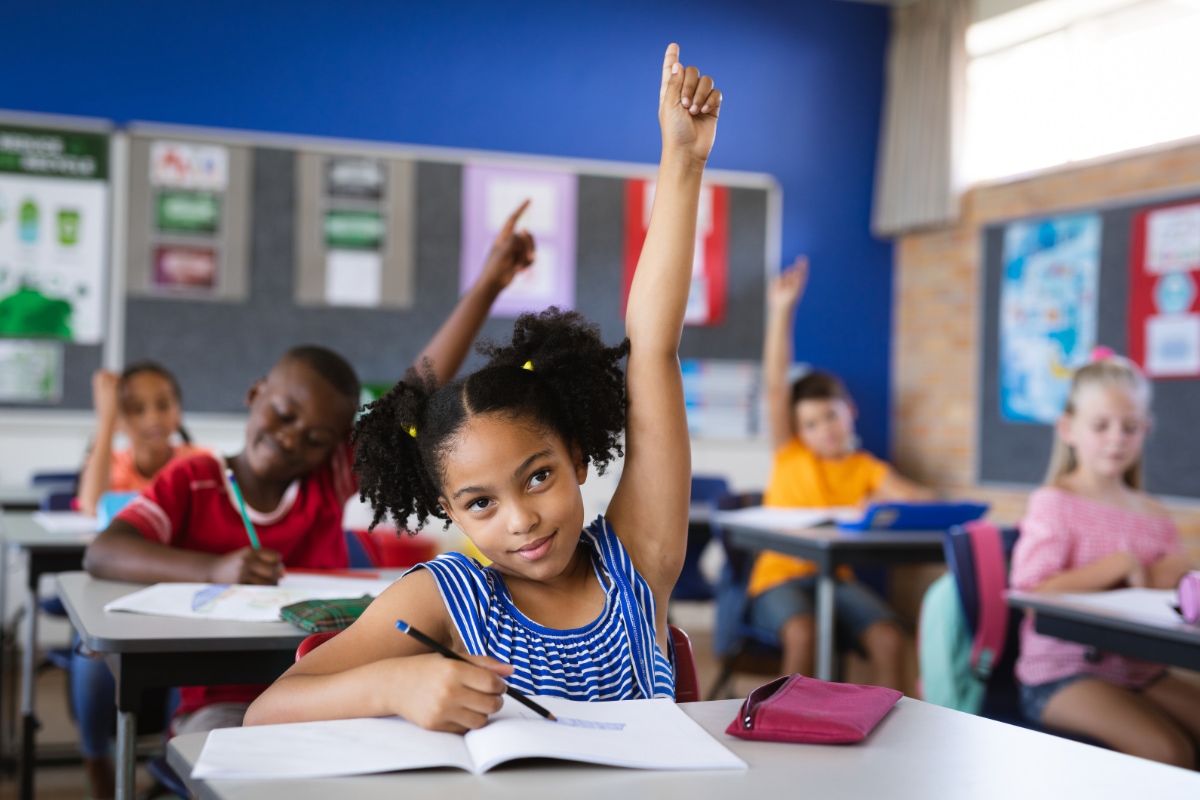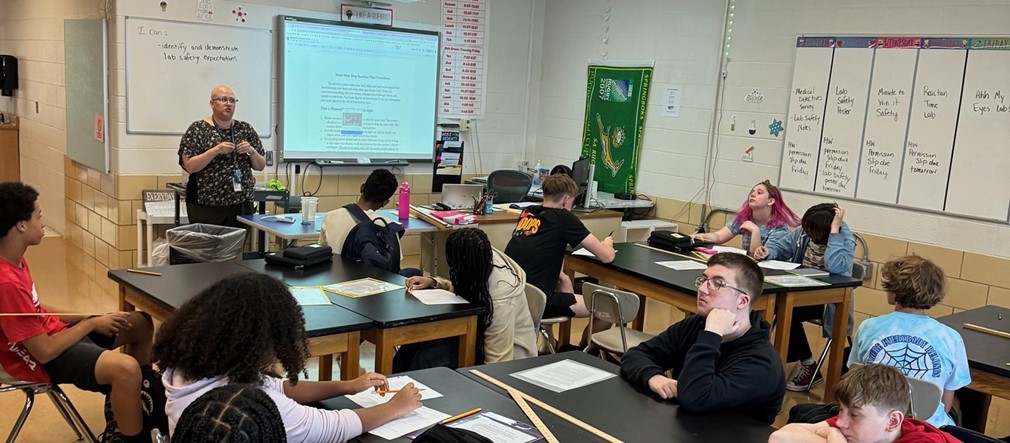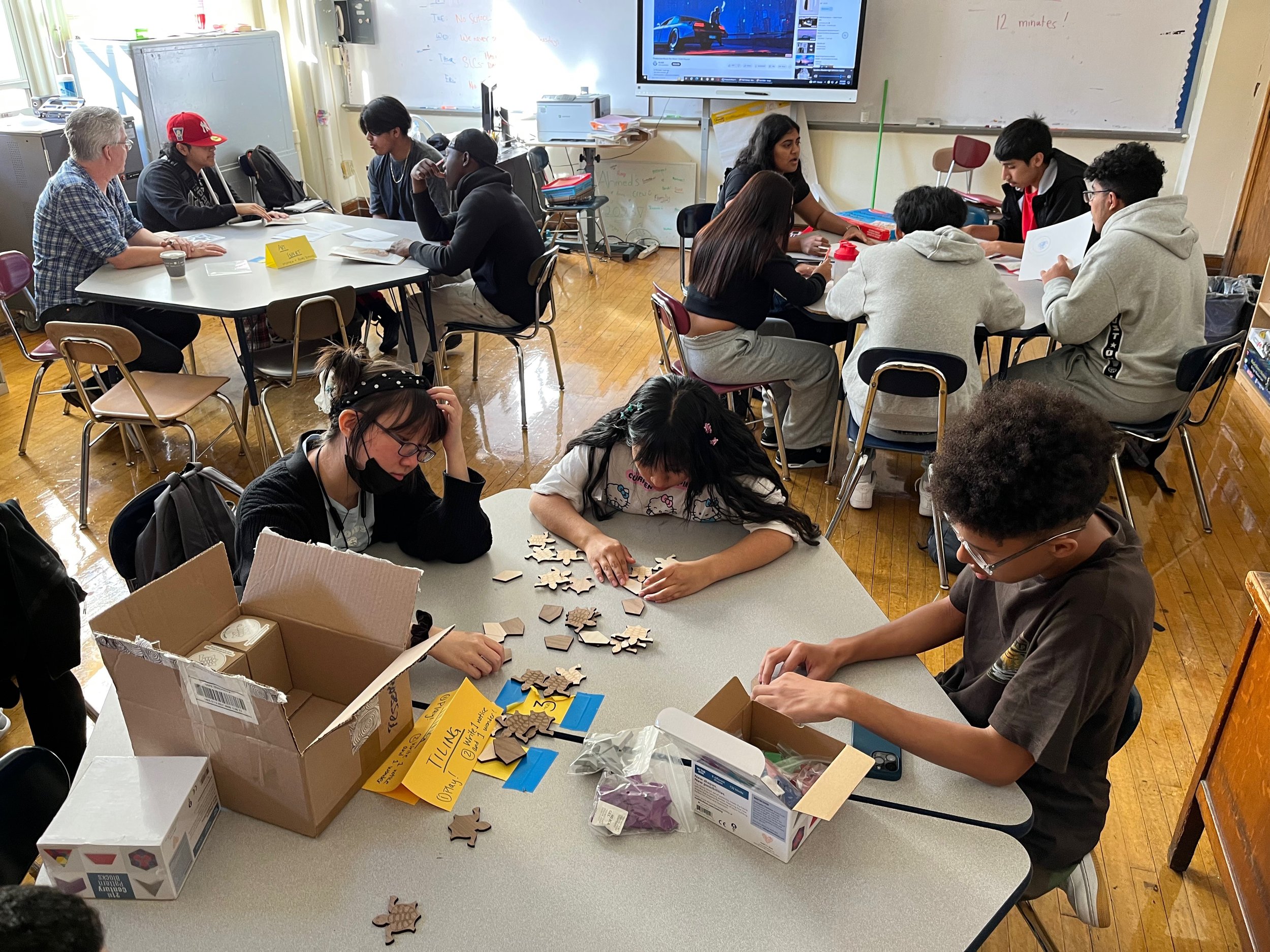Understanding the Significance of Colleges in Child Advancement and Area Development
Schools serve as essential establishments for youngster development and neighborhood development, giving atmospheres where scholastic achievements are matched by the farming of social skills and exposure to varied perspectives. These academic setups not just promote important reasoning and efficient interaction yet also foster empathy with joint jobs. In addition, schools' interaction with regional areas through service-learning efforts enhances the bond between households and universities. This cooperative partnership underscores the importance of institutions in nurturing energetic citizenship and lifelong learning routines. What are the specific mechanisms by which these organizations accomplish such extensive impacts?
Academic Success
Academic achievement works as a foundation of kid development, offering the structure whereupon future learning and success are developed. Colleges play a critical role in fostering this academic growth, supplying organized environments where children can obtain essential expertise and cognitive skills. Standard educational program ensure that trainees gain efficiency in core subjects such as mathematics, scientific research, and language arts, which are important for both college and specialist chances.
Along with presenting essential academic abilities, schools additionally grow essential thinking, analytic abilities, and intellectual curiosity. These cognitive proficiencies are vital for navigating complicated real-world circumstances and adjusting to the ever-evolving demands of the contemporary work environment. Educators, as facilitators of learning, utilize diverse instructional techniques to provide to varied discovering styles, therefore making best use of private pupil capacity.
In addition, academic success is closely connected to self-esteem and motivation. Kids who experience academic accomplishments are most likely to establish a favorable self-concept and a long-lasting passion for knowing. Schools also use numerous sources, such as libraries and innovation, which additionally boost the instructional experience and prepare trainees for a technically innovative culture.
Social Ability Advancement
Beyond academic accomplishment, the function of colleges in social skill development is vital. Schools act as a primary location for kids to discover and practice essential social skills such as conflict, interaction, and teamwork resolution. In the structured environment of a class, pupils engage with peers, teachers, and various other institution personnel, providing many chances to develop these crucial capabilities.
Reliable social skill development in colleges is promoted via team activities, collective tasks, and extracurricular programs. These communications assist students recognize social norms, develop empathy, and cultivate a sense of community. Group assignments teach pupils exactly how to work together in the direction of a common objective, pay attention to various perspectives, and browse differences constructively.

The cultivation of social skills during college years lays a structure for future individual and expert partnerships. Save Temecula Schools. As students mature, the capability to effectively team up and communicate ends up being increasingly important, underscoring the institution's essential function in all natural child advancement
Exposure to Diversity
Exposure to variety in schools is fundamental to fostering an inclusive frame of mind and widening pupils' perspectives. Schools function as a microcosm of the more comprehensive society, and coming across varied societies, languages, and socioeconomic backgrounds within this setting outfits pupils with essential skills for browsing an increasingly globalized world. This exposure encourages empathy, minimizes bias, and advertises shared respect amongst peers.
Varied class likewise improve social and cognitive development. Research shows that pupils who engage with peers from different backgrounds exhibit far better problem-solving skills and creative thinking. you can try this out They learn to value various perspectives, which enriches classroom discussions and cultivates an extra dynamic knowing experience. This understanding of diversity prepares pupils for future offices that worth modern proficiency.

Community Interaction
The benefits of varied class extend past the college wall surfaces, fostering a strong feeling of community involvement among trainees. By connecting with peers from numerous cultural, socioeconomic, and ethnic backgrounds, students gain a wider point of view and a recognition for variety. This direct exposure urges them to come to be energetic citizens who agree to contribute positively to their neighborhoods.
Institutions that highlight community engagement frequently integrate service-learning jobs, which enable students to resolve real-world problems while applying scholastic abilities. These jobs not only enhance students' understanding of their coursework yet additionally impart a sense of obligation and compassion. Additionally, collaborations in between colleges and regional organizations provide students with chances to join neighborhood events, additionally solidifying their function as aggressive neighborhood participants.
In addition, parental and community participation in schools strengthens the bond in between universities and the areas they serve. When colleges open their doors to community events, workshops, and volunteer opportunities, they develop a collaborative atmosphere that benefits all stakeholders. This mutual assistance system guarantees that pupils receive all natural advancement, preparing them to become all-round people who value and add to their communities. With these initiatives, schools play an essential function in supporting neighborhood involvement and cultivating societal growth.
Lifelong Discovering Behaviors
Creating lifelong knowing habits is vital for a child's constant development and versatility in an ever-changing why not try here globe. Colleges play an essential role in instilling these behaviors by creating an atmosphere that promotes inquisitiveness, vital thinking, and a love for expertise. Through diverse educational programs and extracurricular tasks, instructors encourage trainees to check out numerous topics, assess details critically, and use their learning to real-world scenarios.

Moreover, schools supply a structured atmosphere where youngsters can establish self-control and time administration abilities, both of which are essential for constant knowing. By emphasizing the relevance of setting objectives, reviewing development, and adjusting strategies, instructional institutions prepare pupils to navigate the complexities of grown-up life, ensuring they continue to be lifelong learners and contributors to society.
Final Thought
In verdict, institutions are important in cultivating child development and community development by giving environments favorable to scholastic achievement, social skill advancement, and direct exposure to variety. With collective projects and interactions, colleges boost vital thinking, empathy, and interaction skills. Neighborhood engagement initiatives additionally strengthen the bond between schools and neighborhood areas. Inevitably, schools cultivate lifelong discovering practices, gearing up people with the needed knowledge and abilities to add positively to society.
In the organized environment of a class, trainees connect with peers, educators, and other school team, using numerous possibilities to create these crucial capabilities.
In significance, direct exposure to diversity within schools not only enriches individual students yet likewise strengthens the social fabric of the area as a whole.
The benefits of diverse class extend past the school wall surfaces, fostering a solid sense of community engagement among trainees.Schools that stress community interaction commonly integrate service-learning jobs, which enable students to deal with real-world issues while applying academic abilities. Collaborations in between institutions and regional organizations give students with chances to get involved in community occasions, better strengthening their duty as aggressive community members.